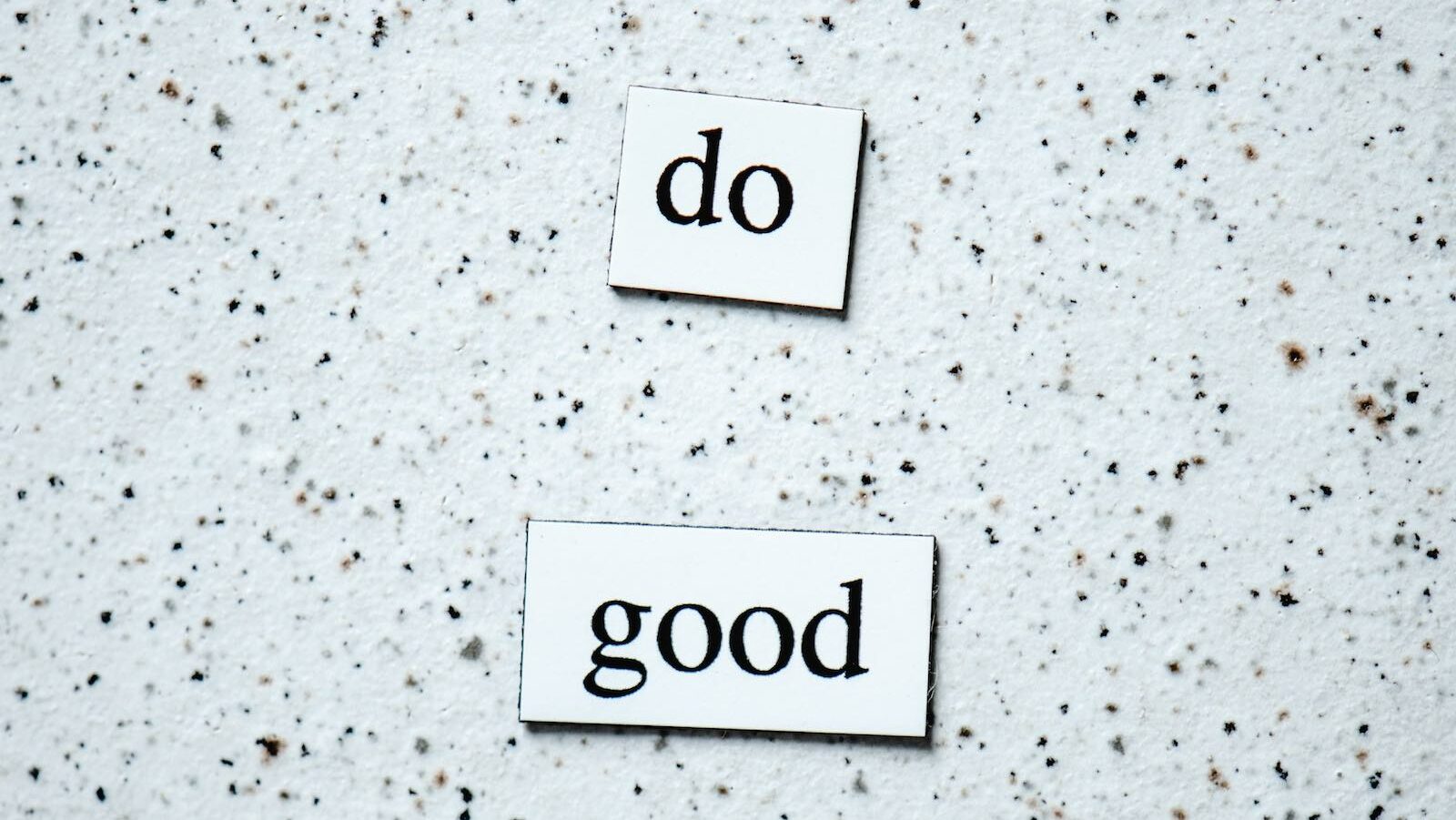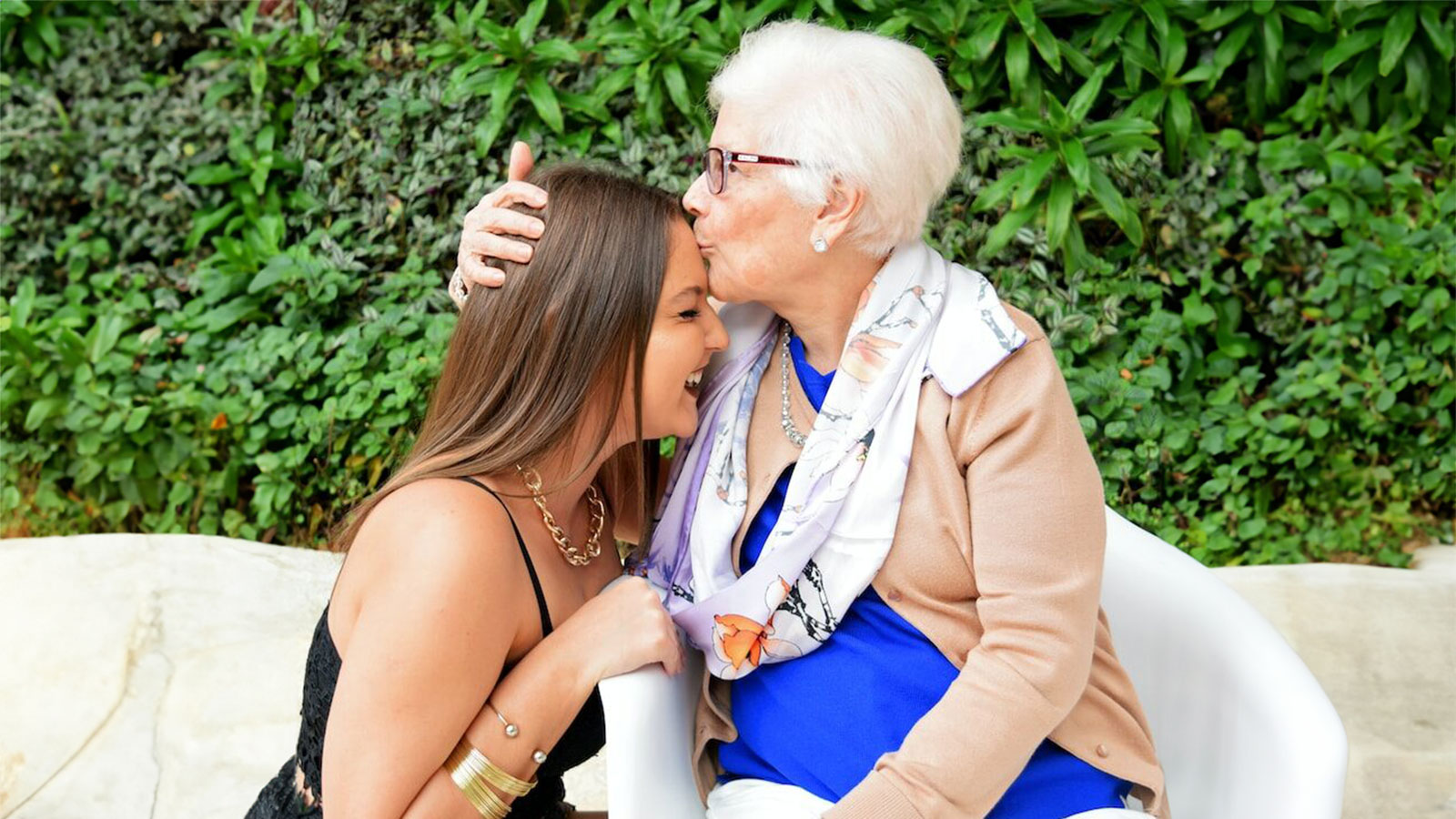“We have two ears and one mouth so that we can listen twice as much as we speak.”
-Greek philosopher, Epictetus, first century AD.
Two thousand years after Epictetus’ wise words, we still struggle with being good listeners, or at least I do. There are many studies that stress both the importance of good listening skills and the fact that most of us are not good listeners, but we don’t need to be bombarded by those. If we are truthful with ourselves, we already know this.
Listening is learned
Following my seminary education, I spent four months as a chaplain intern in a hospital. Proper listening skills was the most critical training I received. Over the course of several months, I spent hundreds of hours with patients, sitting with them and listening to whatever was on their mind. Hospitals can be frightening places, and patients often feel vulnerable, at a loss of control, unheard, and sometimes forgotten by staff. In the quiet presence of a chaplain, many patients were willing to share their previously untold hopes and fears. But despite excellent training, sometimes as I was listening, I’d think of a piece of advice or something that I had in common with the patient and I’d interrupt my listening in preparation to share my own thoughts or experiences.
I realized that when I was planning what to say in my head, that I was no longer listening to the patient. And when I was thinking of what to say next, I was more likely to cut the patient off because I had stopped listening to them. The most fundamental listening skill – to give the person in front of you your undivided attention – had just gone by the wayside. There were several times when I left a patient’s room knowing that I had missed the opportunity to help them feel heard or validated, which in turn tapped into my own memories of when I felt unheard or invalidated. These experiences taught me that one of the best gifts we can ever give to someone is to really and truly pay attention to what they are communicating and to be fully engaged with them.
Listening is important
As a part of the chaplaincy program, we would meet as a group with our supervisor and confidentially share our patient experiences (changing their names, of course) to aid in our learning process. During one of these group meetings, I had a profound learning moment when I realized that all I needed to do was to STOP. To refocus from doing whatever I was doing to being present. To slow down and let go of the distracting thoughts blaring in my mind. Stop, and be in the here and now with whoever God put in front of me. Although the epiphany to STOP was clear for me, this is not something that comes easily to a chatty extravert like me. Our quiet presence is sometimes all someone needs to feel loved and cared for.
Knowing that humanity would struggle with this, God provides wisdom for us on the importance of listening. The author of James emphasizes that, “Everyone should be quick to listen, slow to speak and slow to become angry, because human anger does not produce the righteousness that God desires.” (James 1:19b-20). The premise isn’t difficult; listen more than we talk and count to three before we let angry words out of our mouth.
Listening is a discipline that builds relationship
Developing good listening skills permeates every human relationship we have. Marriages are strengthened when a spouse feels heard and understood. Communication is enhanced when a teenager feels that their opinions and experiences are listened to by their parents. Employees are more productive when they have the empathy of a boss who listens to their needs. Friends, co-workers, team mates, church members – these relationships thrive when each are listened to and understood. It’s important for us to remember those times when someone gave us the listening ear we needed and how, in that moment, we felt understood.
I’ve learned that when we are doing the listening, we communicate to the other person that what they are saying is important, and then they therefore are important. But when we are doing the talking, we are communicating that it’s more about us. And when it’s all about us, I find it’s much easier to get angry. Perhaps that is why James linked listening with slow to speak and slow to anger? Anger comes from a place of feeling misunderstood, taken advantage of, disrespected, or a number of other offenses that we believe have been done to us. When we listen more than we speak, we will be in more of a posture to understand what’s going on with the other person, and less likely to take offense and get angry. It’s certainly worth a try.
Listening is our gift to others
Relationships are give and take. If I’m focused on the giving part, especially giving others an authentic listening ear, the taking part seems to take care of itself. Be quick to listen, slow to speak and slow to anger may not be a difficult premise, but it certainly is not easy to do and takes intention and determination to keep our minds focused on the other person. My challenge to myself is to “stand on my lips”, as a good friend of mine says, and be present when the person in front of me just needs to know that someone cares.
Q. Is there is anyone that God is bringing to your mind to reach out and provide a listening ear?
Check Out Another Article About Building Relationships Here!
Related Articles

Do Good for All People

What Does Christian Community Look Like

How to Find a Mentor

What the Bible Says About Honoring Your Parents: Five Truths We Learn from the Fifth Commandment

What Does Worship Mean in the Bible


